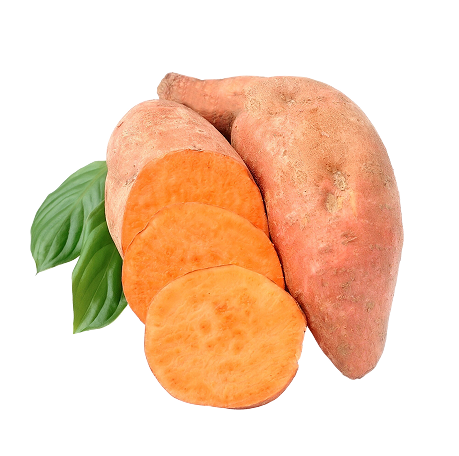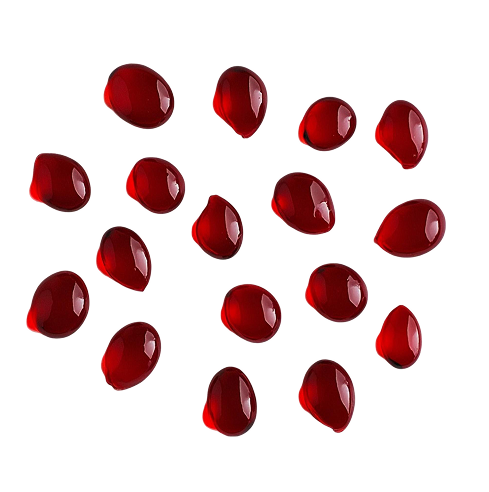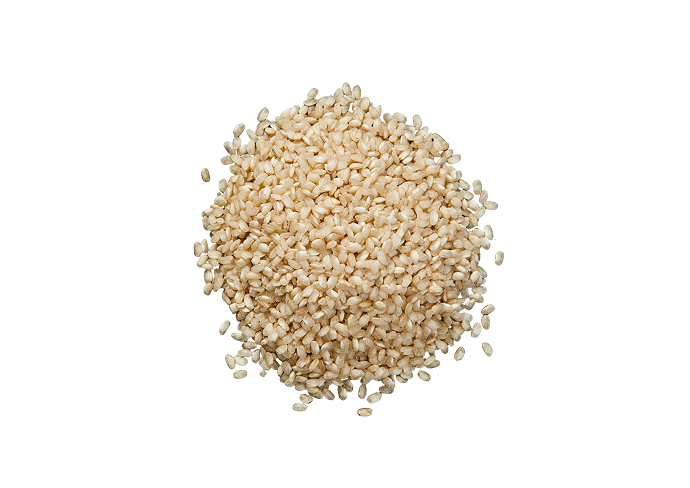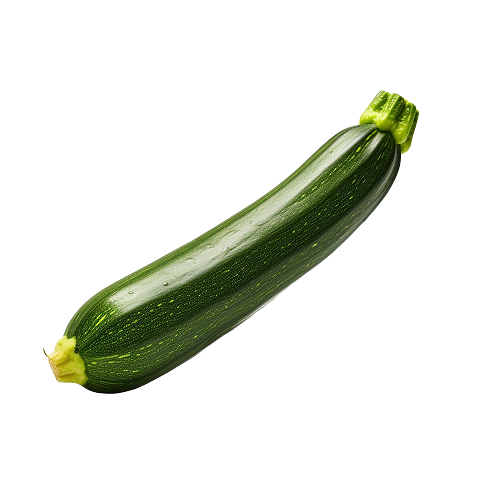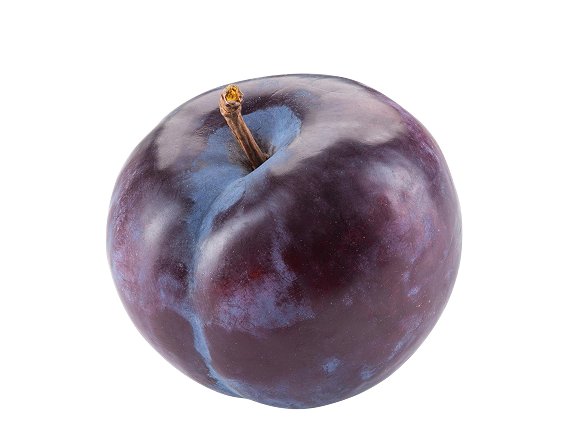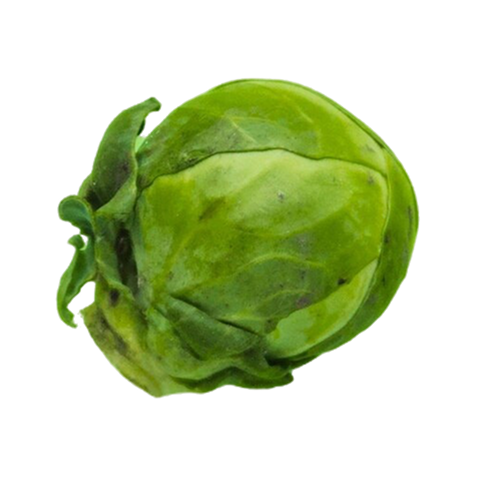Week 18
of pregnancy
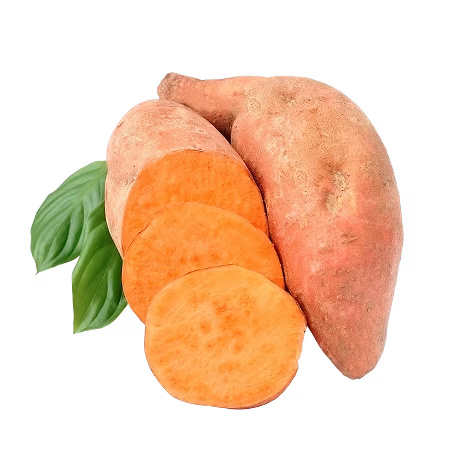
Fetal development
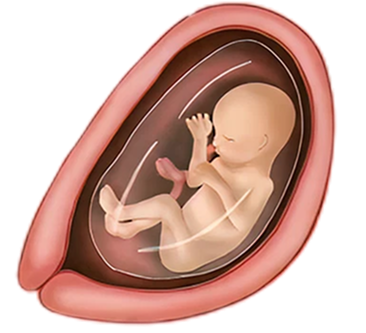
Height
~5.5 in
Weight
~7 oz
Weekly highlights
- 1Baby’s Development. Your baby is around 5.5 inches long and 7 ounces. Bones are hardening, fingerprints are forming, and the digestive system is practicing by swallowing amniotic fluid. Baby may begin to register sounds as the ears develop.
- 2Bodily Changes & Symptoms. You may start to feel your baby’s first flutters, though it’s normal not to feel them every day yet. Your bump is more noticeable, and shifting posture can cause backaches. Common symptoms include dizziness, nasal congestion, swollen feet, or night leg cramps.
- 3Health & Wellness. Aim for a balanced diet with about 300 extra calories a day, and include omega-3s like fatty fish, walnuts, or flaxseed. Elevate your feet for swelling, stretch before bed to ease cramps, and rest or snack if you feel lightheaded.
- 4Tips & To-Dos. Your mid-pregnancy ultrasound may take place soon, offering a detailed look at your baby’s growth. This is also a good time to start a baby book collection or explore baby names.
Checklist for week 18
- Make a list of foods rich in omega-3s and add them to your weekly shopping list.
- Start collecting books to read to your baby. Find ones you read and loved as a child, or head to the local library or bookstore. Here are some of the best baby books according to Pampers Parents.
- Think about baby names for your little one! Check out our various lists of baby names, as well as our Baby Name Generator for inspiration.
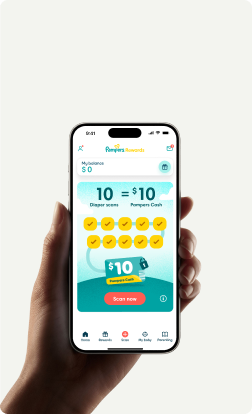
Loyalty program
Are you starting to think about buying the first diapers for your baby?
Get exclusive recommendations and offers just for you to save hundreds of $$$ on Pampers

Get the Pampers Rewards app
Now you’ve reached 18 weeks pregnant, you may observe changes in the way you look and feel as your baby continues to grow and develop. We have outlined some common symptoms you may experience and provided helpful insights on your baby’s growth and those little movements you may start to feel at 18 weeks pregnant.
Highlights at 18 Weeks Pregnant
You've got a lot going on right now, and we've gathered a few highlights about being 18 weeks pregnant so you know what to look forward to:
18 Weeks Pregnant: Your Baby’s Development
The developments your little one is making right now are super exciting and important. Here's the scoop on what's happening inside your belly:
How Many Months Is 18 Weeks Pregnant?
You’ve heard your pregnancy described in weeks, but how many months is that? Though there are various methods of assigning the 40 weeks of pregnancy into months, at 18 weeks pregnant you’re likely in your fifth month of pregnancy, even if you haven’t noticed any belly bump or symptoms!
How Big Is a Baby at 18 Weeks Pregnant?
When you’re 18 weeks pregnant, the fetus is around the size of a sweet potato, measuring about 5 and a half inches long from crown to rump, and weighing around 7 ounces.
Your Baby: What Does 18 Weeks Pregnant Look Like?
The illustration below helps you visualize what your baby may look like inside your belly at 18 weeks pregnant:
Your Body at 18 Weeks Pregnant
At this stage of your pregnancy, you're experiencing changes in circulation, such as increased blood volume and rapidly expanding blood vessels, which can cause your blood pressure to drop. This can leave you feeling lightheaded if you’re not getting enough blood flow to your head and upper body.
You may also notice at 18 weeks of pregnancy that your feet are getting bigger. A part of this is due to swelling caused by water retention, known as edema, which can occur from the second trimester onward.
Hormones also play a part in growing feet. The pregnancy hormone relaxing, which relaxes your pelvic joints so your baby can fit through the birth canal, loosens the ligaments in your feet, causing the foot bones to spread. You can relieve the swelling with a footbath of cool water and by keeping your feet raised; don’t worry (and have fun!) if you need to head out shoe shopping for a bigger size.
18 Weeks Pregnant: Your Symptoms
At 18 weeks pregnant, here are some of the symptoms you may be experiencing:
How Big Is a Pregnant Belly at 18 Weeks?
Every pregnancy is unique, so perhaps your baby bump is barely there at 18 weeks pregnant, or maybe it’s becoming pretty obvious by now. At 18 weeks pregnant and in the coming weeks, your uterus is expanding and growing up and out of your pelvis, which may also be affecting your center of gravity.
If this is your first pregnancy, you may feel the baby begin to move inside your belly now or sometime soon. This fluttering feeling is known as quickening.
As your baby gets bigger, you may notice stronger movements and maybe even kicks in the weeks to come. Because each mom-to-be is different, you may feel this movement earlier (this is common if it’s not your first baby) or in some cases even later. So try not to worry if you don’t feel any baby movements at 18 weeks pregnant.
What Does 18 Weeks Pregnant Look Like?
For a better idea of what your belly might look like around 18 weeks pregnant, check out the image below.
18 Weeks Pregnant: Things to Consider
Your pregnancy is well underway at 18 weeks, so you may have a lot on your mind, from maintaining a healthy diet to dealing with pregnancy advice from every mother you meet. Here are some things to consider at 18 weeks pregnant:
18 Weeks Pregnant: Questions for Your Healthcare Provider
Your healthcare provider is always there to provide you with information and guidance throughout pregnancy, addressing any and all of your questions and concerns. Here are some questions you might like to ask at 18 weeks pregnant:
FAQS AT A GLANCE
Every pregnancy is unique, so you may or may not be feeling certain symptoms at any point in your journey. Here are some symptoms you may be experiencing at 18 weeks pregnant:
- Belly flutters as you feel your baby’s movements for the first time
- Dizzy spells
- Lower back pain
- Leg cramps
- Nasal congestion and nosebleeds
- Swollen feet.
How We Wrote This Article The information in this article is based on the expert advice found in trusted medical and government sources, such as the American Academy of Pediatrics and the American College of Obstetricians and Gynecologists. You can find a full list of sources used for this article below. The content on this page should not replace professional medical advice. Always consult medical professionals for full diagnosis and treatment.
- American College of Obstetricians and Gynecologists. Your Pregnancy and Childbirth: Month to Month, 6th ed. (Washington, DC: American College of Obstetricians and Gynecologists, 2015).
- ACOG. “How Your Fetus Grows During Pregnancy.”
- American Pregnancy. “Dizziness During Pregnancy.”
- Cleveland Clinic. “Quickening in Pregnancy.”
- Columbia.edu. “Birth: Fetus to Neonate.”
- Mayo Clinic. “Fetal Development.”
- Mayo Clinic. Guide to a Healthy Pregnancy, 2nd ed. (Rochester, MN: Mayo Clinic Press, 2018).
- Mayo Clinic. “Low Blood Pressure.”
